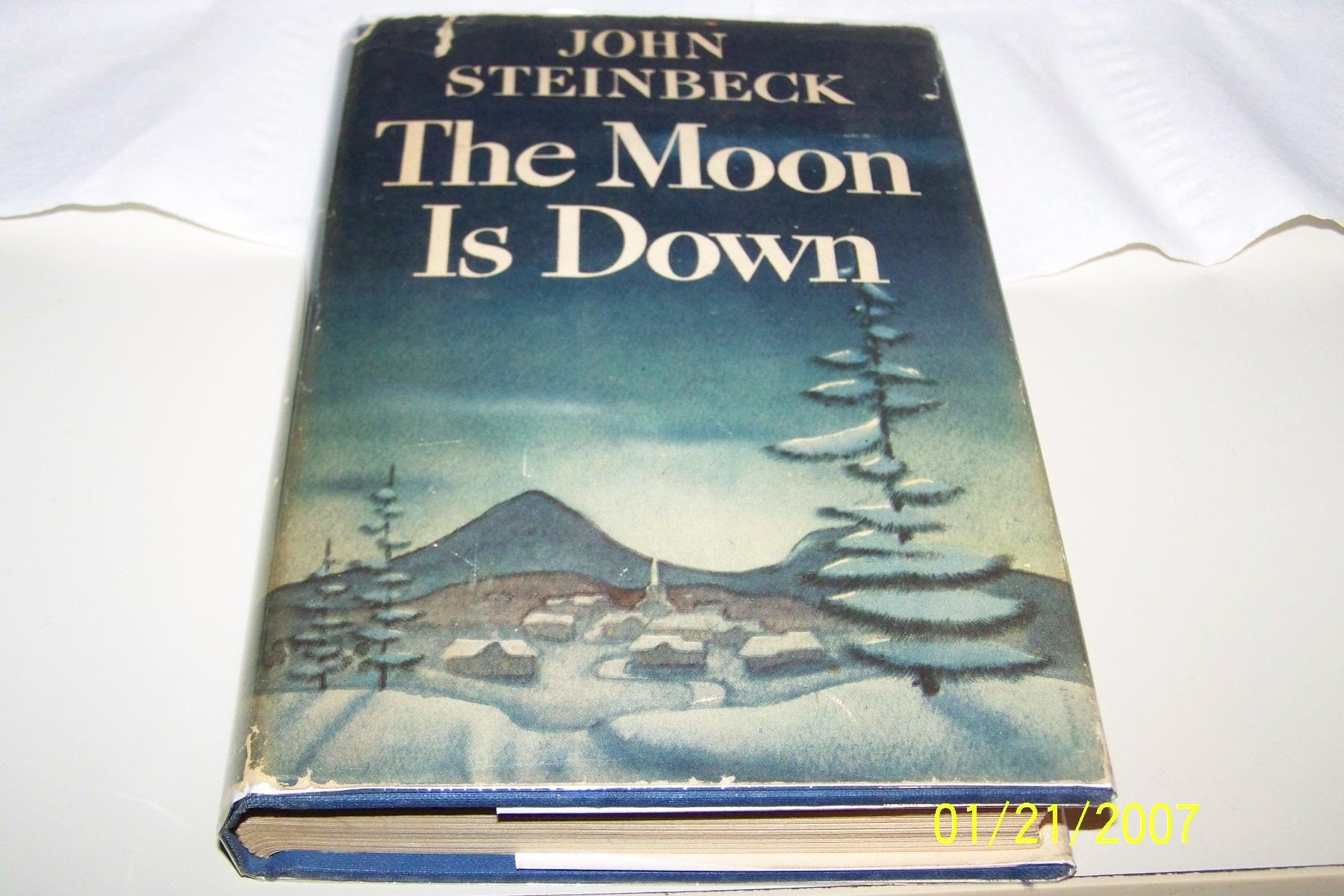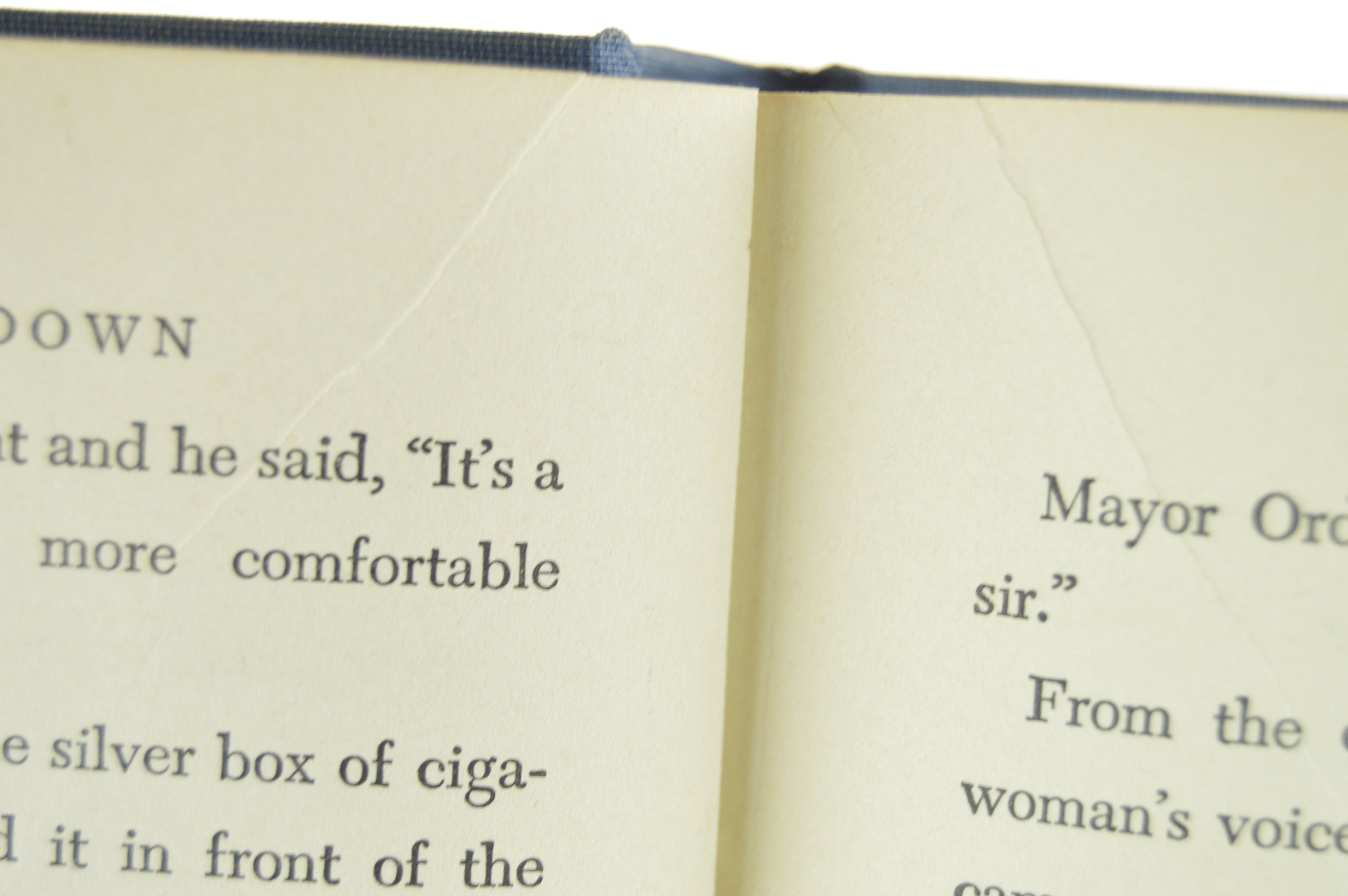


They realize the futility of the war and that "the flies have conquered the flypaper." Some members of the resistance escape to England and ask the English for explosives so that the townspeople can intensify their efforts. The cold weather and the constant fear weighs heavy on the occupying force, many of whom wish the war to end so that they can return home. Lanser that his goal – "to break man’s spirit permanently" – is impossible. Mayor Orden stands by his people, and tries to explain to Col. Whenever a soldier relaxes his guard, drinks or goes out with a woman, he is killed. This incident catalyzes the people of the town and they settle into "a slow, silent, waiting revenge." Sections of the railroad linking the port with the mine get damaged regularly, the machinery breaks down often, and the dynamo of the electricity generators gets short circuited. After a summary trial, Morden is executed by a firing squad.

He strikes out at Captain Loft with a pick axe, but Captain Bentick steps into its path and dies of it. The veil is soon torn apart when Alexander Morden, an erstwhile alderman and "a free man," is ordered to work in the mine. Colonel Lanser, a veteran of many wars, tries to operate under a veil of civility and law, but in his heart he knows that "there are no peaceful people" amongst those whose freedom has been taken away by force. Colonel Lanser, the head of the invading battalion, along with his staff establishes his HQ in the house of the democratically elected and popular Mayor Orden.Īs the reality of occupation sinks in and the weather turns bleak, with the snows beginning earlier than usual, the "simple, peaceful people" of the town are angry and confused. The town is important because it is a port that serves a large coal mine. Taken by surprise, a small coastal town is overrun by an invading army with little resistance.


 0 kommentar(er)
0 kommentar(er)
